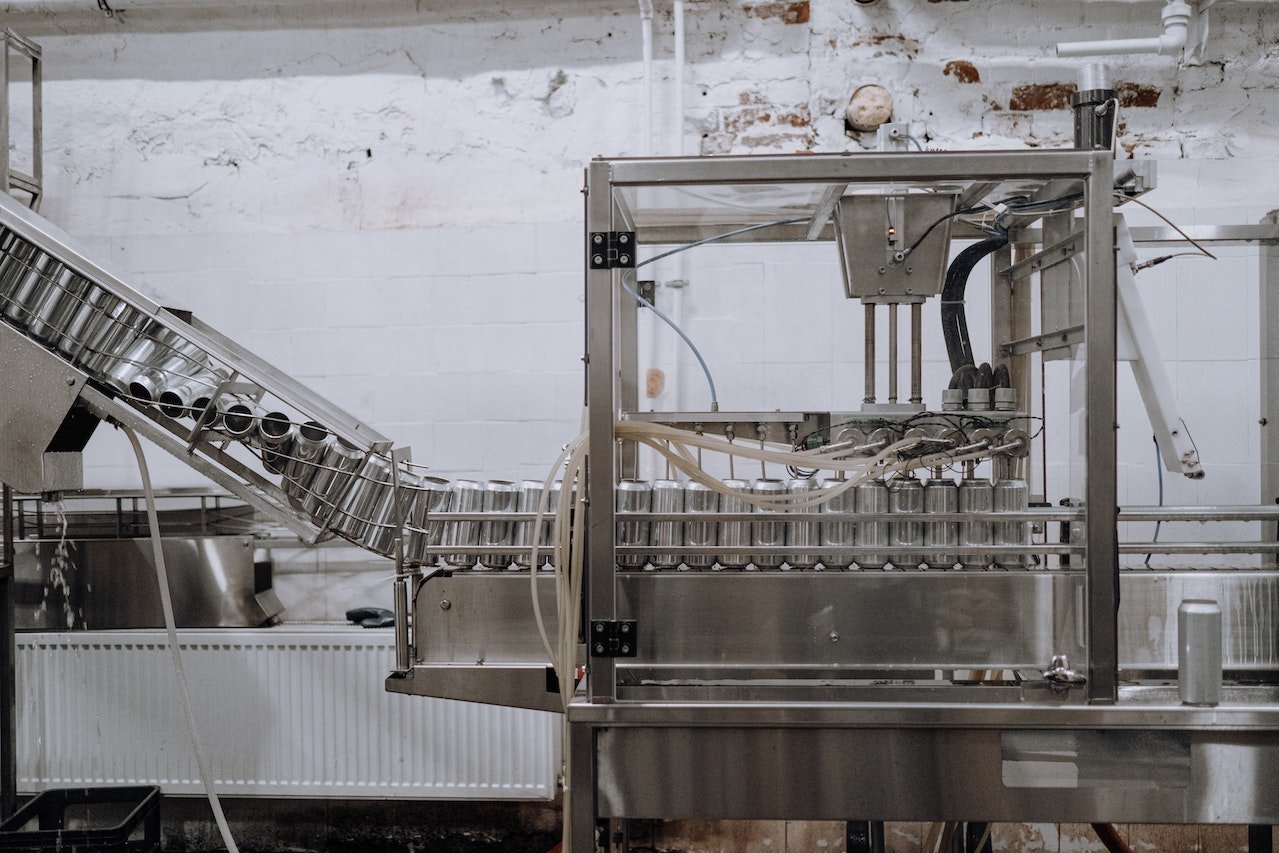
ERP Software for Batch Manufacturing: Making the Right Choice
Batch manufacturing, commonly used in industries such as pharmaceuticals, food and beverage, and chemicals, requires precise production control, compliance tracking, and formula management. Choosing the right batch manufacturing ERP software is critical to ensuring efficiency, quality control, and regulatory compliance.
Choosing ERP software for mixed-mode manufacturing will necessarily differ from the most suitable ERP for custom manufacturing because these enterprise-wide software tools must be designed for the specific production techniques you deploy.
In this article, we’ll explore key factors in selecting process manufacturing ERP solutions, including the must-have features, compliance considerations, and best practices for implementation.

Understanding the Needs of Batch Manufacturing ERP
Unlike discrete manufacturing, batch manufacturing relies on formulas or recipes rather than bill of materials (BOMs). This means ERP solutions for batch manufacturing must have robust formula management, lot tracking, and real-time inventory control.
Key Challenges in Batch Manufacturing
- Formula and Recipe Management: Maintaining accurate ingredient proportions while allowing adjustments for variations.
- Regulatory Compliance: Meeting industry standards such as FDA (21 CFR Part 11), GMP, and HACCP.
- Quality Control: Ensuring product consistency and minimizing defects through real-time monitoring.
- Inventory and Lot Traceability: Tracking raw materials and finished goods to prevent contamination and recalls.
- Production Scheduling: Managing variable batch sizes while minimizing waste and downtime.
Essential Features of an ERP for Batch Manufacturing
To optimize operations and maintain compliance, batch manufacturing ERP software should include the following features:
1. Advanced Formula and Recipe Management
- Support for multi-level formulas with ingredient substitution capabilities.
- Version control to track historical changes and ensure consistency.
- Automated scaling of formulas based on production batch size.
Why It Matters: A food manufacturer producing flavored syrups needs to adjust ingredient ratios without affecting taste or quality. ERP software with formula management in ERP systems allows for seamless adjustments.
2. Quality Control and Compliance Tracking
- Real-time quality checks at every production stage.
- Integration with regulatory reporting tools (FDA, GMP, ISO).
- Automated alerts for non-conformance to prevent product recalls.
Case Study: A chemical manufacturing company used ERP to automate quality checks, reducing defects by 25% while ensuring compliance tracking in ERP for process industries.
3. Inventory and Lot Traceability
- Full visibility into raw materials, WIP, and finished goods.
- Batch and lot tracking to comply with recall and expiration regulations.
- Integration with barcode and RFID technology for automated tracking.
Industry Insight: According to industry reports, batch manufacturing ERP solutions with integrated traceability reduce material waste by up to 30% through better tracking.
4. Production Scheduling and Demand Planning
- Dynamic production scheduling to handle fluctuating demand.
- Forecasting tools to optimize inventory levels.
- Integration with supply chain management for real-time adjustments.
Example: A beverage company using ERP with batch production scheduling reduced overproduction by 15% through AI-driven demand forecasting.
5. Financial and Cost Tracking
- Real-time cost analysis per batch.
- Margin analysis for pricing optimization.
- Integration with accounting modules to improve financial reporting.
Why It Matters: Knowing the exact cost per batch helps manufacturers make pricing decisions while staying competitive.
Benefits of ERP Solutions in Lean Manufacturing Environments
Lean production relies heavily on accurate, precise schedules and material supplies, so waste and time must be comprehensively managed to make every batch as efficient as possible. Batch process manufacturing is more successful where software solutions provide precise applications to allocate materials, plant, and time to each batch while pinpointing requirements relating to maintenance and servicing to keep equipment running smoothly.
Even where batch manufacturing appears to be operating well, many of the costs or inefficiencies can be concealed without the right metrics and information to provide greater depth of awareness. An advanced ERP can also help production managers stay on top of progress and monitor current production against targets, past outputs, and expectations to identify possible shortages or gaps in supply before they occur, giving advance notice where changes are necessary.
Modern batch production incorporates several phases. To succeed in lean production, a business needs access to critical data and information. An ERP can provide extensive monitoring of each stage while ensuring managers concentrate their efforts on the parts of the process that make the most difference in outcomes.
Selecting an ERP solution for batch manufacturing is a strategic investment that enhances efficiency, quality control, and compliance. By understanding key ERP features, considering industry-specific needs, and following best practices, manufacturers can make informed decisions that drive business growth.
For businesses looking to implement ERP, Navigator Business Solutions provides tailored ERP solutions for batch manufacturers, ensuring seamless integration and long-term success.

